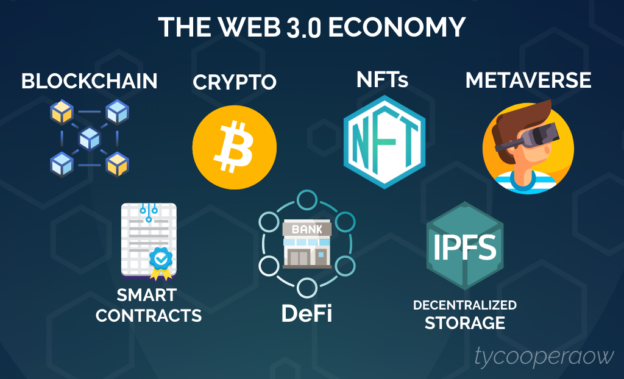Market Research Future, a market analysis company, recently in a report, revealed that the global smart contracts market is expected to reach approximately $8.3 million by 2030
Imagine you bought a car, and then bought insurance – however the insurance stated that it will only cover 70% damage caused to the car incase of any accidents. Now you do end up meeting with an accident however, the car was damaged by 80%. And now to claim insurance, you will have to go through arbitration and other legal issues. Now imagine a scenario, if a simple piece of code monitored the data and automatically transferred $250,000 to your account if the damage was to a certain level.
Market Research Future, a market analysis company, recently in a report, revealed that the global smart contracts market is expected to reach approximately $8.3 million by 2030. The sector expected to clock a growth rate of 21.40% compound annual growth rate (CAGR) during the forecasted period from 2022-2030. “Smart contracts can be used to perform various functions like automated error checking, routing, payout calculations, and payout processing. Further, areas, where smart contracts are used in DeFi, are margin trading, stablecoins, derivatives, lending, and borrowing,” Vijay Pravin Maharajan, founder and CEO, bitsCrunch, told FE Blockchain.
Market analysts claimed that smart contracts are self-sufficient, which thereby reduces the dependency on brokers or other intermediaries. “As blockchain transaction records are encrypted, it is very difficult to hack. Additionally, hackers would need to alter the entire chain in order to change a single record on a distributed ledger because each record is linked to the records that came before and after it,” Edul Patel, co-founder, and CEO, Mudrex, a cryptocurrency investing platform, mentioned.
Furthermore, it is believed that smart contracts will eliminate the risk of manipulation by any other parties. “The absence of intermediaries in smart contracts results in cost savings. Security, cost reduction, ease, and speed of execution are all benefits of smart contracts to the users,” Bharat Patel, chairman, and director, Yudiz Solutions, added.
At an elementary level, smart contracts can help the Decentralisd autonomous organistions (DAOs) with laying the foundational framework. If DAOs work on the basis of smart contracts, it will be able to function without any human intervention. The core team of community members just needs to create a smart contract so that everything can be put in autopilot mode and can be visible to the entire community.
It is to be further believed that smart contracts can help reduce counterparty risk. According to pushkar Singh, Partner, Tremis Capital, smart contracts are automated and neither party has control over the agreement’s execution and enforcement. “It’s also relatively economical for smaller transactions,” he added.
https://www.financialexpress.com/blockchain/why-smart-contracts-can-change-the-operative-landscape-of-web3-0/2918890/





